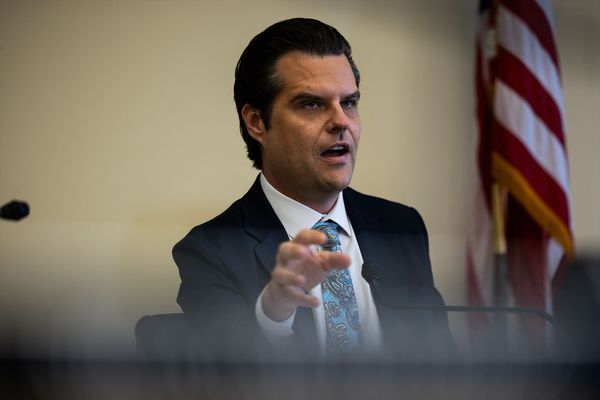
Richemont, the company that owns luxury brands Chloé, Cartier, Net-a-Porter, watchmaker Panerai and others, issued a warning to analysts that consumers are continuing to pull back on luxury spending. The warning is a peak into the future of the economy which could mean disappointing sales for the holiday season.
"We will see a softening in demand across all categories, across all asset classes, whether it's housing, art, the automobile sector, because that's the goal of the reserve banks,” said Richemont Chair Johann Rupert in a Nov. 10 earnings call. “Otherwise, how do you get inflation down? So, and I suspect that interest rates will remain higher for longer than most people think."
The Switzerland-based company reported in its third-quarter earnings that it brought in a total of €10.2 billion ($10.93 billion) in sales, which missed the consensus analyst estimate of €10.34 billion ($11.08 billion). It also reported that sales in the Americas declined by 4% at actual exchange rates compared to its third-quarter earnings in 2022.
Richemont isn’t the only luxury company that’s facing disappointing sales. Kering, which owns brands such as Gucci, Balenciaga, Bottega Veneta, Yves Saint Laurent and others reported a 9% dip in sales in its third-quarter earnings report this year, which is larger than the 6% decline that analysts had expected.
Related: Kim Kardashian could be Balenciaga's last ditch effort
Consumers are starting to pull back on spending as high interest rates and inflation remains persistent.
“Consumer spending was quite strong in the third quarter but does not appear to be growing as strongly now that we are in the fourth quarter,” said Jack Kleinhenz, chief economist at the National Retail Federation, in the NRF’s monthly economic review.
Rupert’s dire outlook on the future of the economy matches how consumers are feeling about the future of their finances. A new survey from the University of Michigan reported that consumer sentiment declined for the fourth month in a row, decreasing by 5% this month.
Consumers’ outlook on the state of the economy also declined by 12%, partially due to concerns about high interest rates. Expectations for long-run inflation also increased from 3% last month to 3.2% this month which is a percentage that hasn’t been seen since 2011.







